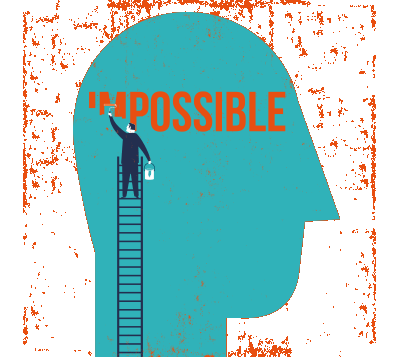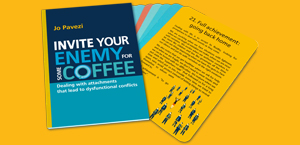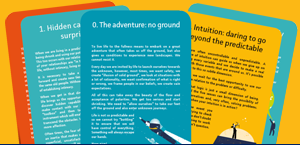17. New hopes: trust again
After very hard situations, discussions and attempts to re- built, it is quite important to try to open up to a new path, a new period, to give yourself opportunity to receive good gifts from life.
Many times we retrieve ouselves believing that other pains will come, and we should be prepared for them by hardening our posture, thickening our shell.
Yes, other pains will come, but based on other problems. New problems are welcome.
If your “inner child” was hurt and suffers, it needs to be com- forted by you. Devote yourself to be with it, to make it company and to settle your inner child’s heart.
Trust renewal may facilitate new connections and bring you- self back to life.
It is important to ask yourself if you are ready to receive good things. Does it seem odd? There are people who are very afraid of being happy. They be- lieve that being happy requires to let some things go.
How about inviting your inner child to go for walk? What is its fear?







